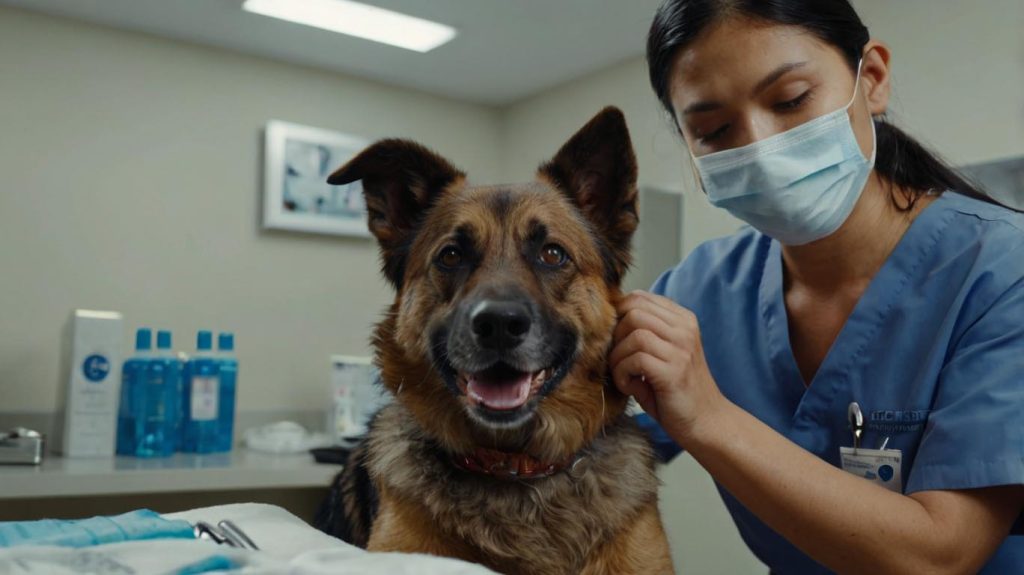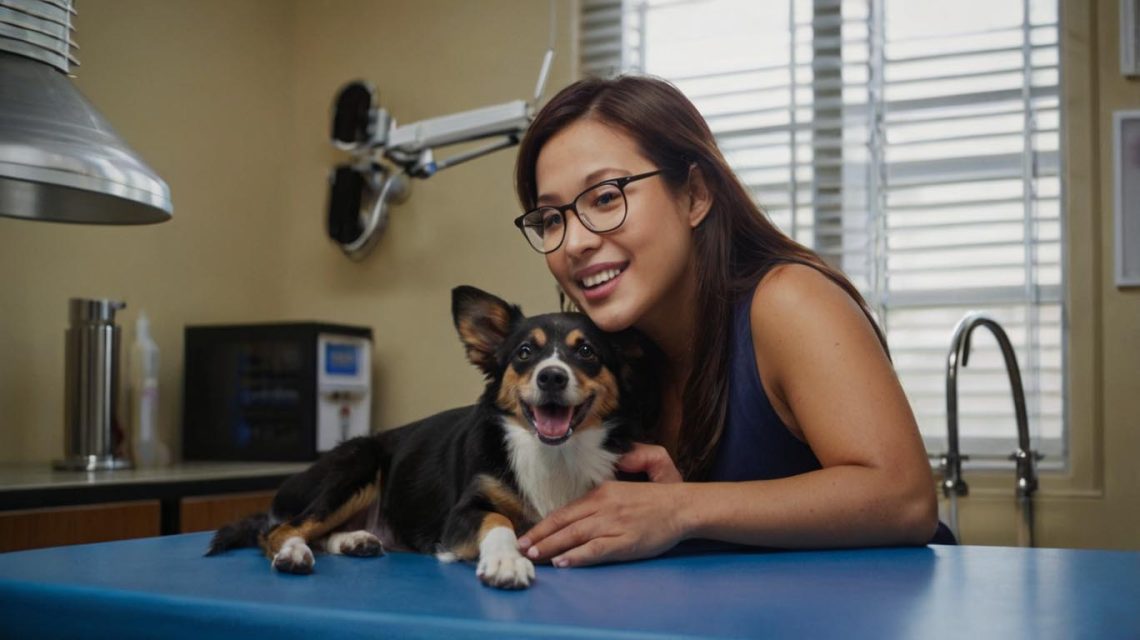Your dog’s eyes are vital to their overall well-being, and when issues arise, a dog eye clinic can provide specialized care. From routine checkups to advanced treatments, these clinics focus on diagnosing and treating a variety of eye-related conditions in dogs.
Understanding what a dog eye clinic offers and when your pet might need one can help you ensure your furry friend’s health and happiness.
Why Visit a Dog Eye Clinic?
Eye problems in dogs can escalate quickly if left untreated. Regular veterinary visits are crucial, but specialized care at a dog eye clinic ensures accurate diagnoses and tailored treatments.
Signs Your Dog Needs Eye Care
- Excessive Tearing or Discharge: Could indicate an infection or blocked tear ducts.
- Redness or Swelling: Often a sign of irritation or underlying disease.
- Cloudiness or Vision Changes: May point to cataracts or glaucoma.
- Frequent Pawing at Eyes: Suggests discomfort, possibly from an injury or foreign object.
Addressing these signs promptly minimizes complications and improves outcomes.
Common Eye Conditions Treated at a Dog Eye Clinic
Cataracts
Cataracts cause cloudiness in the lens, leading to vision impairment. Treatment often involves surgery to restore clarity.
Glaucoma
This condition results from increased pressure within the eye, which can damage the optic nerve. Timely intervention, including medication or surgery, is crucial.
Dry Eye Syndrome
Known as keratoconjunctivitis sicca (KCS), this occurs when tear production is insufficient. Treatment typically includes artificial tears or medication.
Corneal Ulcers
These painful sores on the eye’s surface require prompt care to prevent scarring and vision loss.
Cherry Eye
A prolapse of the third eyelid gland, cherry eye is often corrected through surgery.
What to Expect During a Visit to a Dog Eye Clinic
Initial Examination
The first step involves a thorough eye examination, where a specialist checks for abnormalities, inflammation, or structural issues.
Diagnostic Tests
- Schirmer Tear Test: Measures tear production to detect dry eye.
- Tonometry: Evaluates intraocular pressure for glaucoma.
- Ophthalmoscopy: Examines the retina and optic nerve.
Treatment Plans
Based on the diagnosis, the clinic will outline a treatment plan. This may include medications, surgery, or ongoing management.

Costs Associated with Dog Eye Clinics
Consultation Fees
An initial consultation typically costs between $100 and $300, depending on the clinic and location.
Diagnostics
- Tear Tests: $20–$50.
- Pressure Tests: $50–$100.
- Imaging (e.g., Ultrasound): $200–$500.
Treatments
- Medications: $20–$100 per prescription.
- Surgery: Costs vary widely, from $1,000 to $3,000, depending on complexity.
How to Choose the Best Dog Eye Clinic
Expertise and Credentials
Ensure the clinic is staffed by board-certified veterinary ophthalmologists with specialized training in animal eye care.
Technology and Equipment
The best clinics use advanced tools, such as slit-lamp biomicroscopes and high-resolution imaging devices.
Client Reviews
Check online reviews and seek recommendations from your primary vet to find a trusted clinic.
Preventative Eye Care for Your Dog
Routine Checkups
Regular vet visits help catch early signs of eye problems.
Protective Measures
- Keep your dog’s environment clean to reduce exposure to irritants.
- Avoid harsh chemicals that may affect their eyes.
Dietary Support
A diet rich in antioxidants, such as vitamin A and omega-3 fatty acids, supports eye health.
FAQs About Dog Eye Clinics
How often should I take my dog to an eye specialist?
Routine visits are recommended yearly, but you should consult a specialist immediately if you notice symptoms.
Can all eye conditions in dogs be treated?
While many conditions can be managed or corrected, early detection significantly improves outcomes.
What should I bring to the clinic?
Bring your dog’s medical history, a list of symptoms, and any current medications they are taking.
Are eye surgeries for dogs safe?
Yes, when performed by a skilled veterinary ophthalmologist, surgeries like cataract removal are highly effective.
Does pet insurance cover eye treatments?
Many pet insurance plans include coverage for diagnostic tests and treatments. Check with your provider for specifics.


